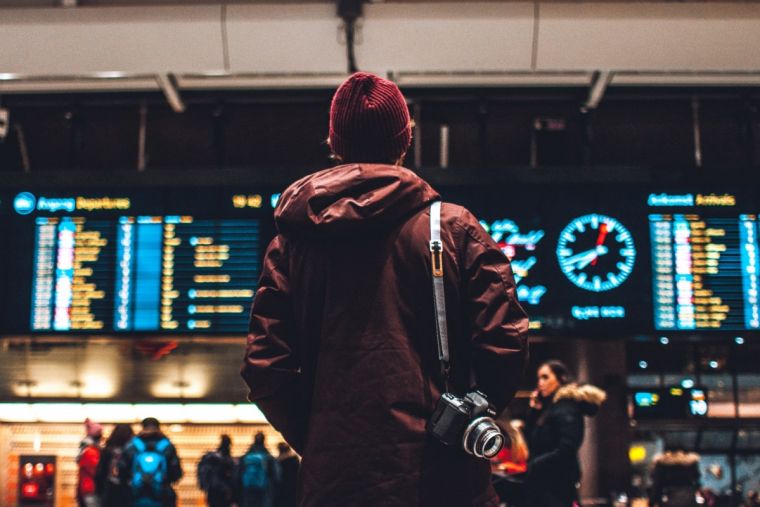Carbon offsetting: does it work?

Carbon offsetting received plenty of attention this week thanks to Prince Harry and Meghan Markle's private jetsetting during their summer break.
Large parts of the media were cynical given that just weeks ago, Prince Harry had said the couple would only have two children to help lessen their impact on the environment.
With all the negative headlines, Elton John stepped in to defend the pair, revealing that he had paid for their flight to Nice and had made sure to give an "appropriate contribution" to a carbon footprint fund so that the journey would be carbon neutral.
It's a practice known as "carbon offsetting" - calculating how many carbon emissions your trip is likely to produce and then making reductions elsewhere to compensate.
Ben Niblett, Senior Campaigner at Tearfund, explains: "The idea of carbon offsetting is that you pay someone else to reduce emissions to match the extra emissions you've generated.
"This might be through planting trees, or providing fuel efficient stoves in poor communities so that someone else is using less fuel than cooking on an open fire of wood or charcoal.
"If you can't avoid a flight, for example, you could offset your international air travel with the Christian offsetting company Climate Stewards."
The revelation from Elton John has thrown a spotlight on the practice, but does it work?
In Niblett's view, that answer is: to some extent but there's a 'but' and it's a big 'but'.
"While offsetting your carbon is some use, it would be much better to avoid the flight if possible. Carbon offsets don't always work - the tree you pay to plant should have many decades of absorbing carbon dioxide, but it's not guaranteed to - and may take a long time," he says.
"Carbon offsetting does have its place as a last resort but if we're going to reduce our emissions fast enough to avoid catastrophic levels of climate change, we need a lot more than offsetting."
Andy Lester, Head of Conservation at A Rocha, agrees. It can get people thinking about how much they pollute, he says, but it has its "limitations" and can unhelpfully send the message that it's ok to keep doing what we're doing as long we just pay for our carbon emissions.
Given the "unprecedented climate emergency" facing the planet, he believes a more radical lifestyle change is needed that includes carbon offsetting at the same time as reducing unsustainable travel. This might mean giving up some of the things we have come to take for granted.
"Carbon offsetting is a great tool for helping us to think about the amount we pollute and then providing us with the ability to pay some money to cover some of the pollution costs," he says.
"But we need to focus more on reducing our travel. Only by reducing unsustainable travel will we start to cut carbon.
"That means more public transport, more bikes, more walking, more car sharing, more zero emissions cars, no domestic flights (unless you have no choice) and no cheap cruises on highly energy-demanding ships...or cheap holiday flights on budget airlines."
Read more about Andy's thoughts on Carbon offsetting here: What is carbon offsetting and why is it only part of the answer?











